Otter Chaos is a multiplayer party game where you and your otter friends must try to find and bring your escaped otter babies back to the zoo! Customize your otter with a cute hat, then work through cooperative puzzles that stand in your way! The game was designed to be chaotic, funny, and fun for all ages!
This game is the product of my 2-year Masters Program of Game Design at Laguna College of Art and Design. I concepted, designed, and produced this game prototype which is set to release on steam in June of 2022 (available now to wishlist on steam here, or you can download it from itch!) I completed this game with the help of over 20 volunteer team members, various artists, programmers, and sound designers who lent their support. I understood the value of curating a strong and positive team environment, and used that to successfully create a game experience that matched the concept I designed and envisioned.
In addition to a design that exudes potential, I feel as though I have found a target audience and, in general, a niche in the gamespace that holds a TON of potential!
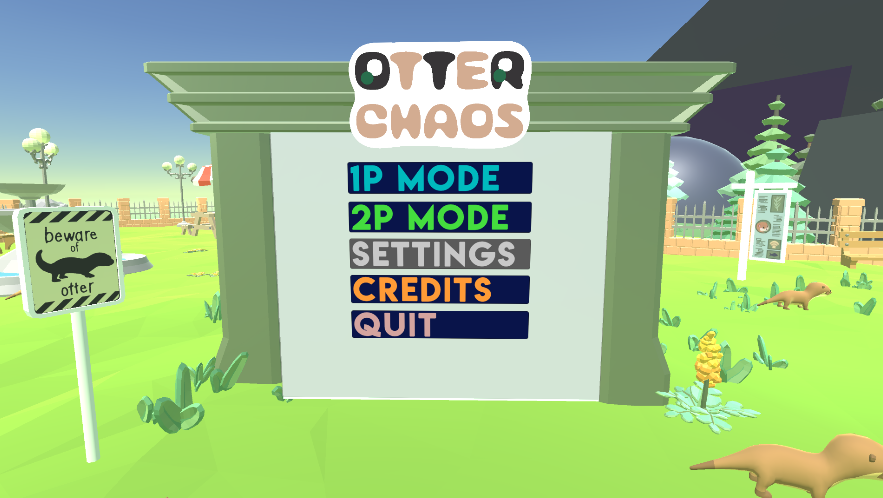
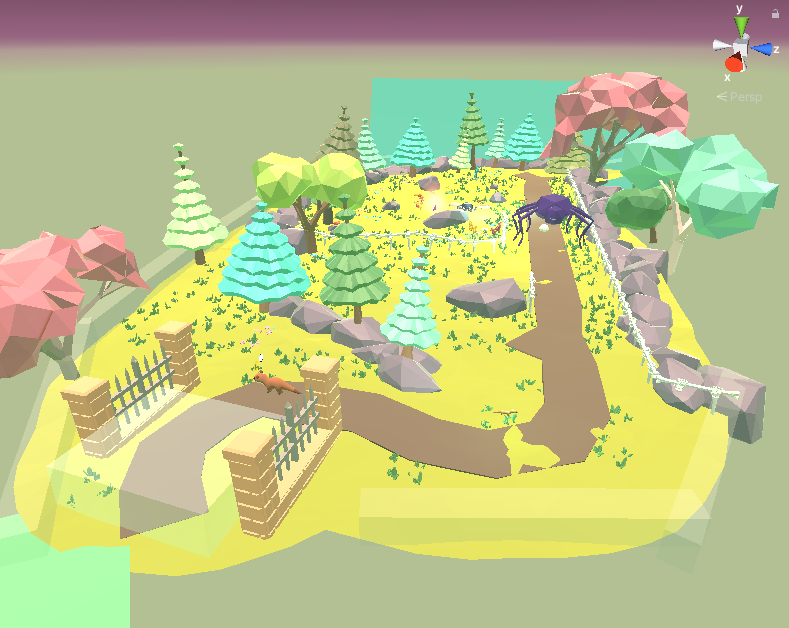
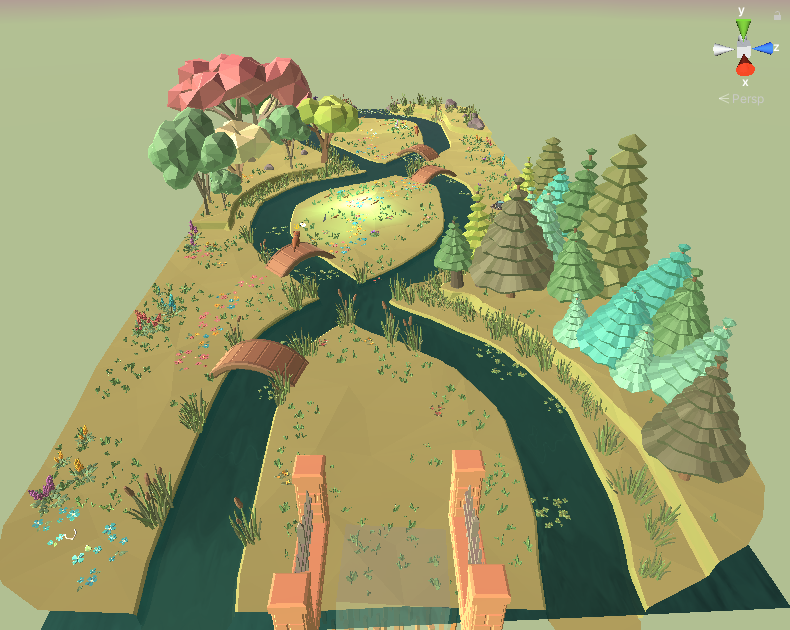
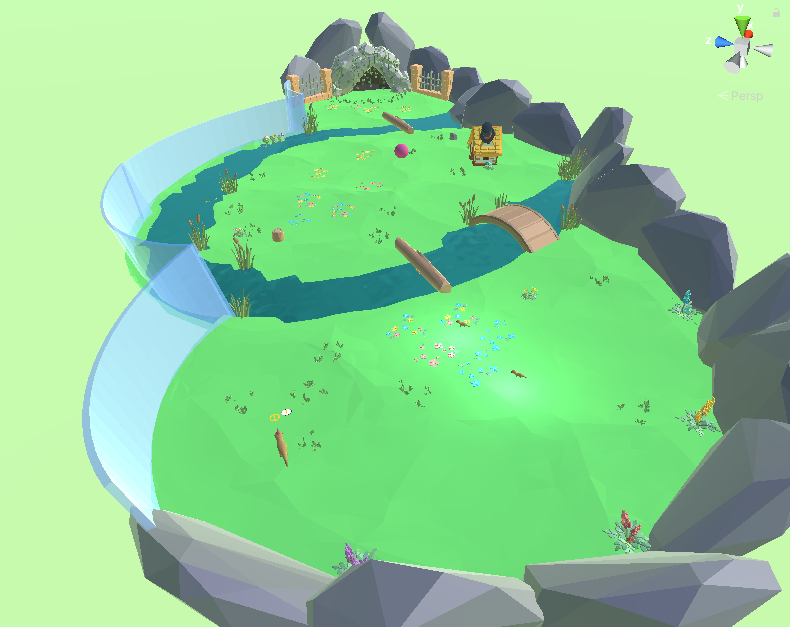
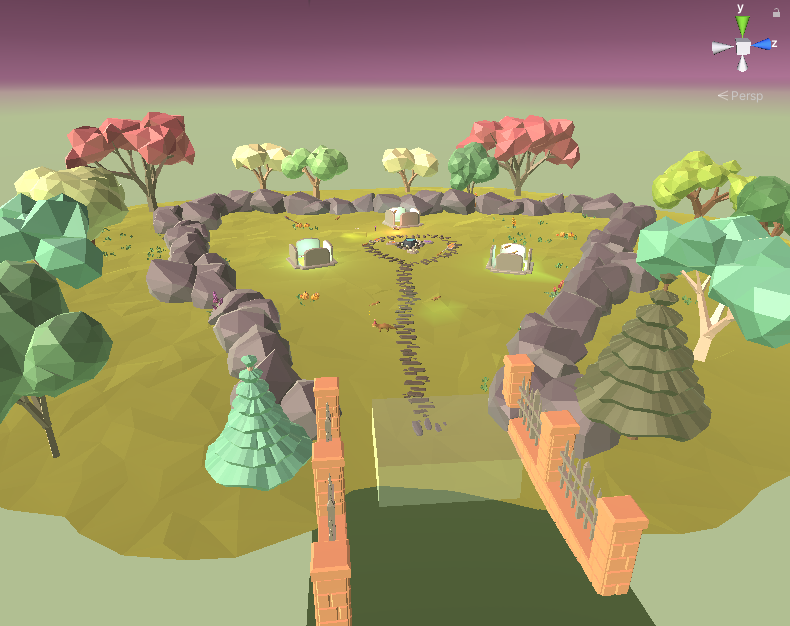
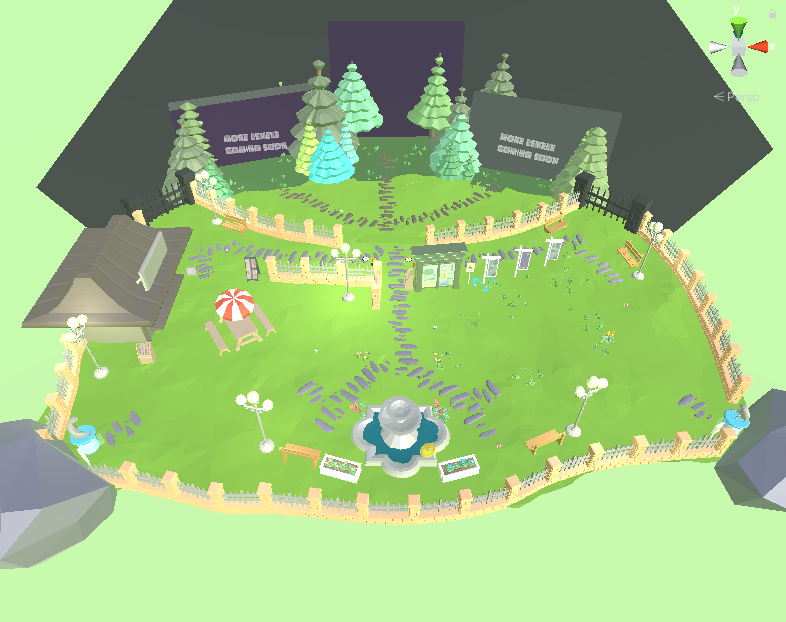
Humble Beginnings
This was my first ever video game project, created as partial fulfillment of my MFA degree. I was intimidated by the expectations I was given, but as I spent more time thinking through the various design decisions, I became more confident and ended up with something I can be very proud of.
I began with the core idea I wanted to present with my game: otters are cute. This served as the core pillar for my game, and I sought out design decisions that allowed players to become the bumbly, silly, fun-loving animals we perceive otters to be. Making sure the game was able to set the stage for humorous interactions and create a unique player experiences was key to a successful design!
Forming a Team
Once I established the pillars for the game, I started to seek out team members to help me build out the assets I would need for the game. In order to do that successfully, I knew I needed to set some value priorities for the team to create a productive, positive environment. I decided on the following ideas to keep in the forefront of my mind as I organized team meetings, talking points, and development structure:
Positive Thinking- approaching all problems with the glass-half-full mentality
Playful Approaches- building a bias toward creative, unconventional solutions
Preference for Collaboration- forming solutions as a team, using "yes, and..." to constructively come to some great ideas we wouldn't have found individually.
Otter Fanatics: an Untapped Blue Ocean
As a way to test the market for the viability of this game, I posted a video of some of the gameplay onto the r/otter subreddit, just to see how it would do. It was a subreddit I was personally already a member of, and I was curious to see how other people would receive it. Within 3 hours, it had gotten over 100 upvotes, and in a day it had gotten over 600. Alongside those engagements were a handful of incredibly supportive comments from people stating their desire to play the game, some of them more intense about it than others.
This is the perfect way to prove that this target audience is a good place to aim for, and is absolutely a blue ocean within the gaming industry.
r/otter is also a really great resource for forming our community because while there are over 120,000 members of the subreddit, there are VERY few posts per day which means the competition for that audience is an incredibly blue ocean. These are people who identify themselves as otter fans, so the likelihood of success in onboarding them to the game is much higher within this community.
The target audience for this game primarily focuses on teens and young adults who are animal lovers, specifically otters, and seek games that have that cute aesthetic.
The secondary market is younger families who play video games together, they need family friendly games that have visual excitement, read as silly for even young kids, and games they can play together.
As an exercise, I created hypothetical business plan to think through how I might carry this project forward, and came up with the following strategies:
The grand plan would be to release this game for free as a base way to form a community. From there, we can develop much more targeted products for that community such as games, DLC, and merchandise and have a reasonably guaranteed base of consumers for those products.
Drawing out comparisons to similar games, having the game as a free-to-play model would open up the potential player pool beyond competitive titles.

